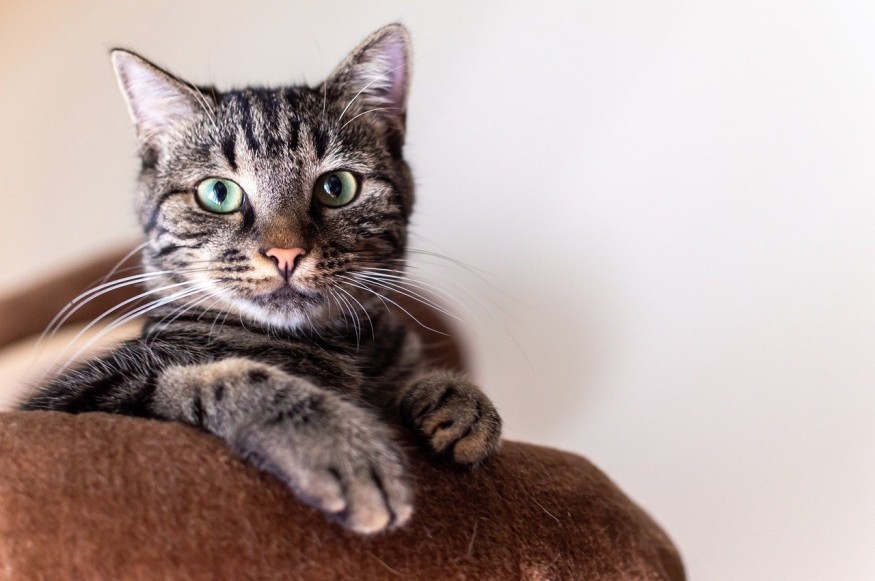
People who have cats as pets may have a higher risk of developing schizophrenia.
A comprehensive analysis of 17 studies conducted by Australian researchers from the Queensland Centre for Mental Health Research has revealed a potential association between cat ownership and heightened susceptibility to schizophrenia-related disorders.
The study, published last December, delved into research spanning 11 countries, including the U.S. and the U.K., over 44 years.
"We found an association between broadly defined cat ownership and increased odds of developing schizophrenia-related disorders," psychiatrist John McGrath and fellow researchers, all from the Queensland Centre for Mental Health Research, explained in their study, Science Alert reported.
The hypothesis linking cat ownership to schizophrenia risk dates back to a 1995 study published in Schizophrenia Bulletin, which implicated exposure to Toxoplasma gondii, a parasite commonly found in cat feces.
While subsequent research has presented mixed conclusions, the recent meta-analysis indicates a significant positive association between cat ownership and an increased risk of schizophrenia-related disorders.
The analysis, which pooled data from studies reporting both unadjusted and adjusted estimates, found that individuals exposed to cats had approximately twice the odds of developing schizophrenia-related disorders.
However, the results pertaining to psychotic-like experiences were less definitive due to the diverse range of measures used across studies.
T. gondii, the parasite transmitted through cat feces, has long been suspected of influencing neurotransmitters and potentially leading to personality changes, psychotic symptoms, and neurological disorders such as schizophrenia.
Nevertheless, the precise mechanism and causal relationship remain elusive.
Despite the compelling findings, the authors emphasize the need for more high-quality studies, particularly focusing on the association between cat ownership and schizophrenia-related outcomes.
While the meta-analysis underscores a potential risk factor, further research is essential to elucidate the complex interplay between cat exposure, T. gondii infection, and mental health disorders.
"Our review provides support for an association between cat ownership and schizophrenia-related disorders," the authors noted.
"There is a need for more high-quality studies, based on large, representative samples to better understand cat ownership as a candidate risk-modifying factor for mental disorders."
